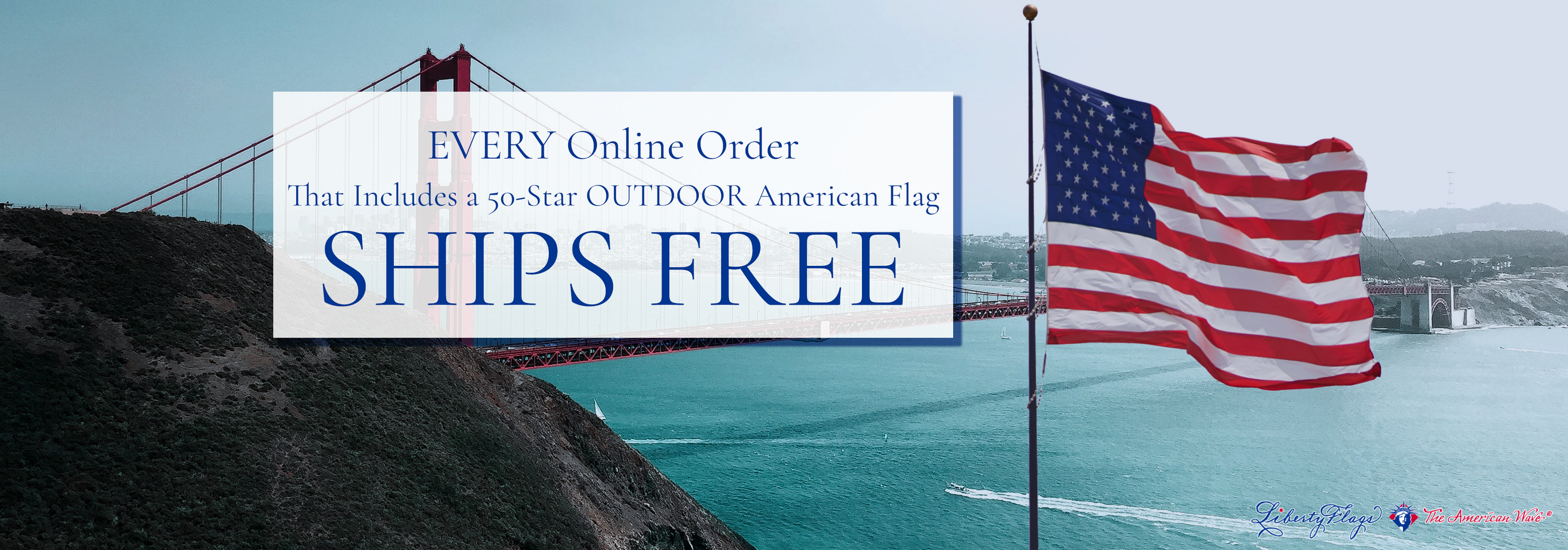
Each year on March 10, we celebrate the return of U.S. troops home from the 1991 Gulf War, also known as Persian Gulf War, First Gulf War, Kuwait War, First Iraq War, or Iraq War (until this moniker was used to refer to the second war with Iraq in 2003).
The World's 8-month War
The conflict began in August of 1990 when Saddam Hussein's Iraqi military invaded Kuwait. This action resulted in an immediate response from the global community, which ultimately gave Iraq until January 15, 1991 to withdraw from Kuwait. When it did not withdraw, the 35-nation counter-offensive known as Operation Desert Storm defeated and removed the Iraqi forces in less than two months.
Prior to their invasion of Kuwait, Iraq had a checkered past with the global community; being allied with the Soviet Union in the Cold War, having been suspected of involvement with terrorist operations globally, and having borrowed large sums of money from Saudi Arabia and Kuwait to fund their efforts in their war with Iran.
Unable or unwilling to pay down their debt to Kuwait, Iraq chose instead to seize control of large areas of Kuwait, particularly places where Kuwait's oil fields were located. Iraq's army was also positioned within striking range of Saudi oil fields — a situation which threatened most of the world's economy at the time.
When all was said and done, the Iraqi military was removed in short order, with coalition forces inflicting critical damage from a distance — controlling and minimizing the risk to and loss of life for coalition troops.
Where Are They Now?
The United States Armed Forces were widely applauded for their role at the forefront of the planning and execution of the military operation, which is considered to have been one of the most efficient and effective in history. However, the U.S. Department of Defense reports that 293 Americans did lose their lives in the effort.
Though the casualties were held to unprecedented lows, the human cost continues to today. Veterans were exposed to an array of environmental and chemical hazards whose effects impact their health and quality of life to this day. For more information or to see if there is some way you can help support affected veterans, this link to the U.S. Veterans Affairs website is a good place to start.

May We Share Your Story?
Send us your pictures of Gulf War veterans, American flags, flagpoles, ropes, or other accessories! We would be honored to feature your photography and to share your story in our blog or on Facebook. Remember, photos of damaged flags and accessories are valuable, too.
Do you have suggestions for information you'd like to see here? If so, please send them our way!
Please send all of your suggestions or questions to service@LibertyFlags.com. We want to hear from you!
Have a great day, from your friends at LIBERTY FLAGS, The American Wave®.

